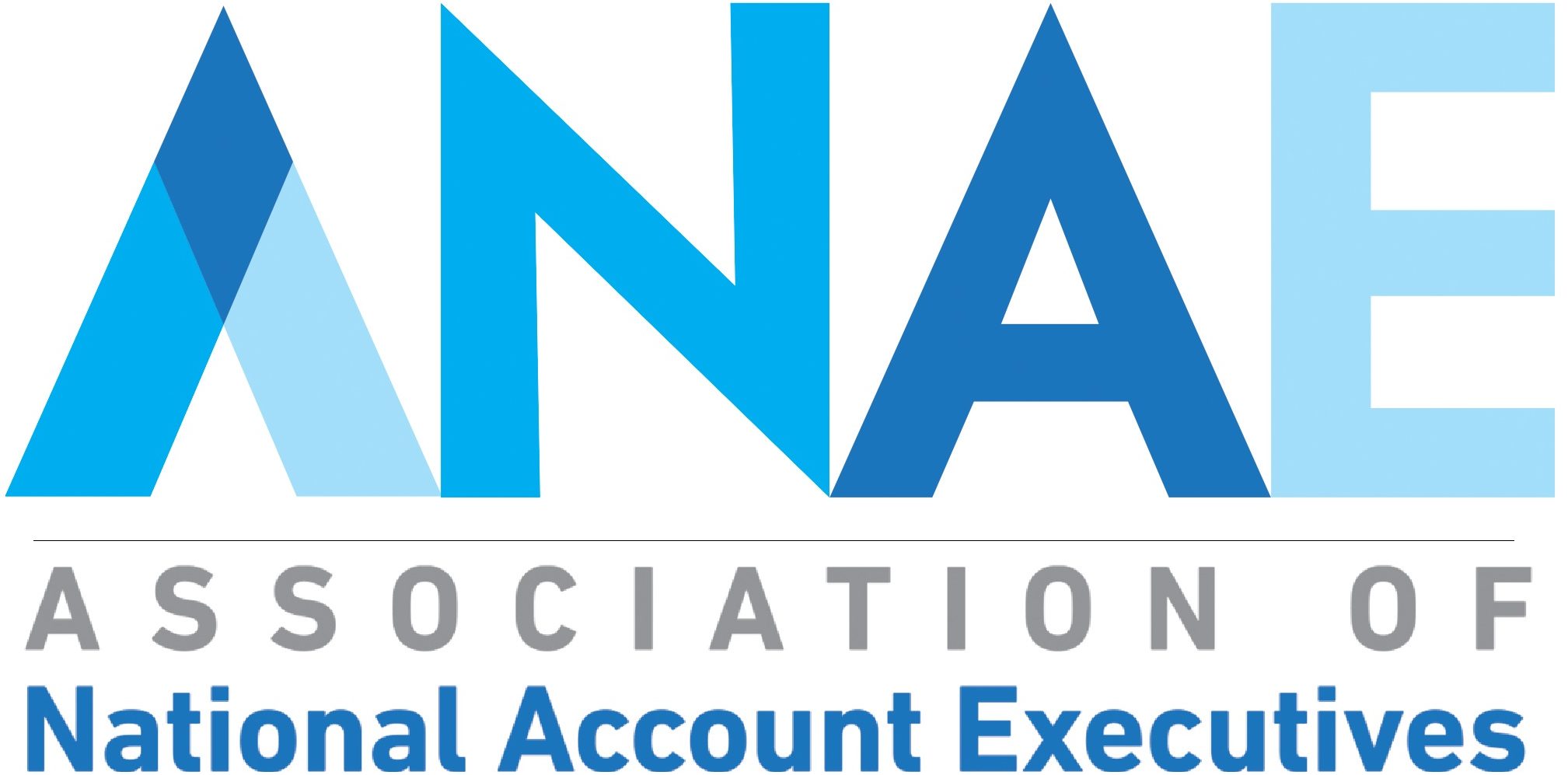
John, saw the article and that you were looking for input. I will give my perspective from having worked in an IDN from the mid 1990s to 2004.
I agree that desperation is forcing some M&As, and the ultimate goal is to gain strength with payers and possibly industry, to negotiate with pharma, bio, and device companies, in order to increase the bottom line. Desperation has caused Tenet, CHS, and others to sell hospitals, because they can’t make it financially.
Healthcare is too big a business, and new leadership in an M&A may believe that they can run the hospitals better, financially and clinically. In smaller regional IDNs, this is possible, with the focus on improving the health of communities they provide service to and with the local payers. Some larger IDNs have even broken down into regions, to manage the regional IDN better.
But as I realized in the 1990s while creating and working in a regional IDN with 11 other hospitals, healthcare is local, and the more you spread it out, the more complex it becomes. You can attempt to standardize care across 10, 20, or more hospitals by establishing evidence-based guidelines, measuring outcomes, etc. You can standardize to a Drug Formulary and even Supplies, but, you have at least 51 State Medicaids, and over 40 BCBS Regions, to negotiate with and other payers. I am not aware of anyone that has a national BCBS contract for all their hospitals in every state they have one. Kaiser is the closest to being able to expand outside California and into other states, but it is the health plan and not the M&A of bricks and mortars, although I believe they acquired a hospital in Virginia.
Another non M&A model that has popped up as an example is the AllSPIRE Model in NJ and Pa. You have 5 IDNs working together, to learn best practice models from each other and share ideas to control cost and improve patient outcomes. Maybe that is a model to pursue?
As Dr. Edward Murphy said when he was President and CEO of Carilion Clinic in Roanoke, Va.: “We are accountable to our patients and our community and our community from the perspective that they pay for our services. We are accountable for outcomes. We are accountable for service and we are also accountable for cost and making them lower.”
Are the M&As going to achieve these accountability goals?
Thanks
Fred J. Pane
fredjpane@gmail.com
704-564-1409
- April 11, 2018 - April 19, 2018
- Michael DeLuca from Prodigo Solutions on Healthcare Supply Chain Radio - April 19, 2018
- 10 Keys for Success in National Accounts in 2018! (Free 10-page e-book available for download now!) - April 19, 2018
